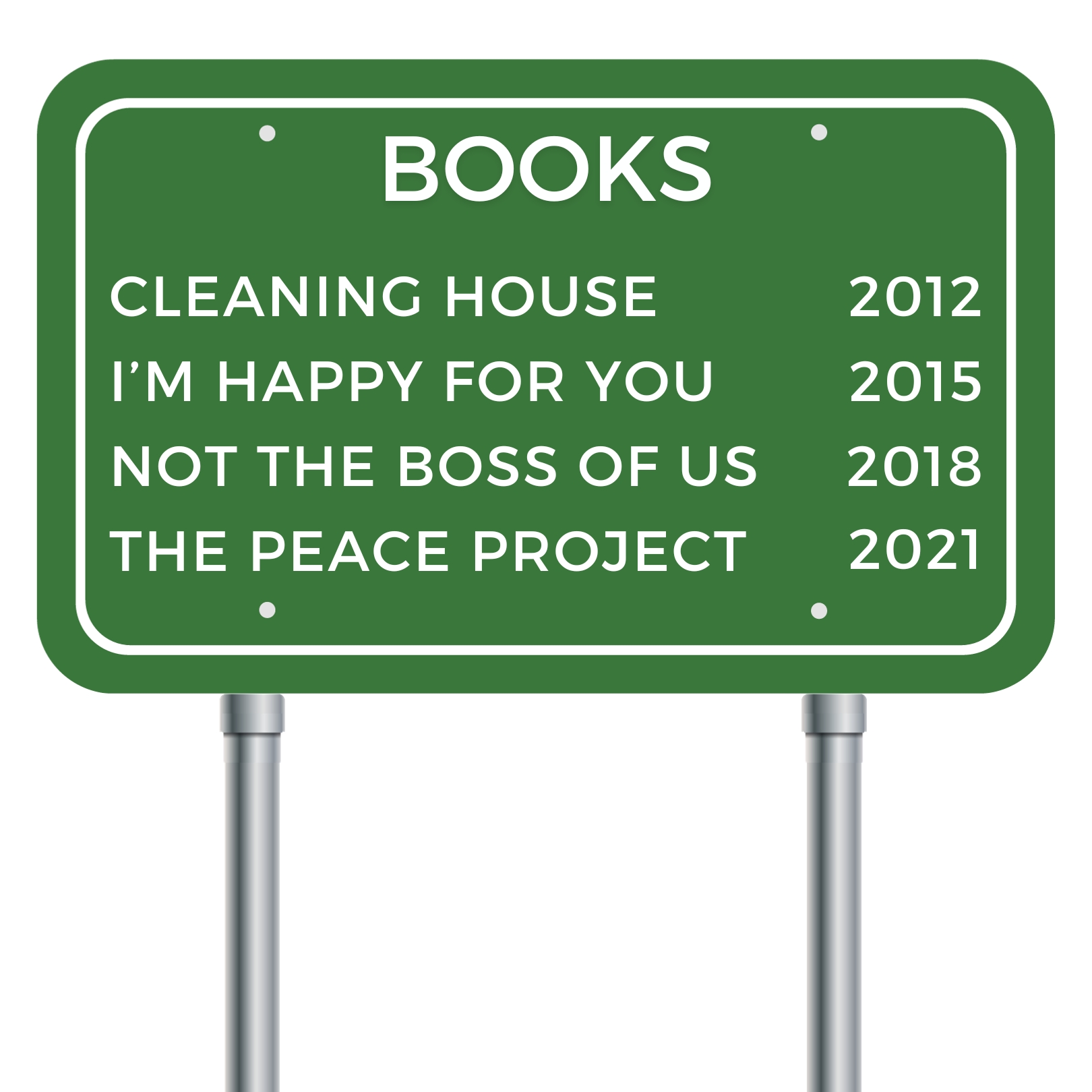Today’s Table Talk is by Jody Capehart, one of our Ironing Board moms. She’s one terrific mom, grandmom, teacher, school administrator, author and overall encourager. Pull up a chair and grab a cup of coffee. This lady knows what she’s talking about. The following is an excerpt from her blog: jodycapehart.com. Also, check out Jody’s other moatblog guestposts here.

Recently I was speaking at a MOPS group and a Mentor Mom spoke before me on the importance of kids needing time to simply be kids.
As a talented and passionate piano teacher, she shared with us a little secret about her selection process for accepting potential piano students: she has the kids fill out a weekly schedule, and, get this, if there isn’t enough white space on their calendar, she won’t take on the student.
I absolutely LOVE this.
Here’s a successful piano teacher, who could make more money by taking on more students, but instead she chooses to respect the needs of a child’s life – one of which is that they have enough unplanned, unfilled time to be a kid!
She also got me thinking about this: children cannot develop their capacity for imagination when they are constantly hampered with extra-curricular activities and being shuttled about from practice to an event to another practice. Creative genius is borne from times of solitude, reflection, and unstructured play and imagination.
A jam-packed schedule isn’t good for kids developmentally. Nor does it allow them the time to truly learn how to enjoy playing the piano – or whatever activity they love.
…
THE FUTURE FOR OUR CHILDREN…
When I wrote some articles on Nicholas Carr’s fascinating book The Shallows: What the Internet Is Doing to Our Brains, I mentioned that I am not anti-technology. That said, I fear what is happening to us as a result of being so plugged in all the time.
Even more, I fear what the effects will be – and already are – on our children.
Turkle concludes in her presentation that while we may feel technology connects us more, as Turkle herself once argued in the 1990s before we really saw how far social networking would develop, the psychological reality she keeps discovering in her studies is that human beings are terrified to be alone.
This fear of silence, of self-reflection, of being alone with our thoughts – this is nothing new for human beings. We have always had to deal with this issue.
The difference now, though, is we have a device that ensures us we never have to face more than three seconds of silence if we don’t want to do so. We can listen to music, play games, surf the Web, shop online, message friends, or do any number of activities that make us think we are connecting to others and staying busy.
But is that the same thing as true human connection? One teenager said to Mrs. Turkle, “Someday, but certainly not now, I’d like to learn how to have a conversation.”
That statement breaks my heart.
CAMP GRANDMA
Let me share with you a little bit about something I call “Camp Grandma.” This is my little weekend world I create for my grandkids where we spend a couple of days together playing, reading, swimming, gardening, baking, cooking, and just talking…without one minute of computers, television, video games, or movies.
Not because I think those things are “evil.” But because I think a full, rich life is one that includes much more than technology.
When the earlier mentioned piano teacher insists that her students have more white space on their calendars, she does not view “playing video games” as equivalent to down time or playtime. She isn’t seeking to fill all those spaces with piano lessons, either!
What she wants is for kids to be kids. Yes, part of that reality in today’s world will include technology and involvement in extra-curricular activities. The point is to do so in moderation. Children need balance. (What am I saying, adults need balance, too!) But children especially need it, and it is our job as the adults to guard and protect that for them.
When my children were young, we allowed them to pick one activity at a time with which they could become involved. When one ended, they could choose a new one or stick with the current one. Not only did this introduce them to various activities, but it did so without overwhelming them, without taking away from their time to ride bikes and play outside.
A child’s brain is not the same as an adult’s. They need healthy, long, sustained doses of unstructured free play, of time for imagination, of pure relaxation.
If we keep filling all their white spaces with activities and then stick them in front of a screen the few moments they do have free, we will be doing them a major disservice.
So put down the phones, make time for family and reading and playing, and discover the joys of Camp Grandma for yourselves!














Kay and Jody, Thank you for this. So many of our kids are over-scheduled, hyper-connected, and nature-deficient. I like the iPad, cell phones, and satellite TV in limited quantities, but our kids are not living within wise limits. They are addicted to their phones and all thing digital by the time they are 14, and I mean truly addicted. Just ask a group of any four teens about it, and they will admit it. It’s real, and it’s sad. Most of our kids need more space, more free time, more solitude, more nature, and more family time. But that is anti-cultural now. I say less is more in this regard.